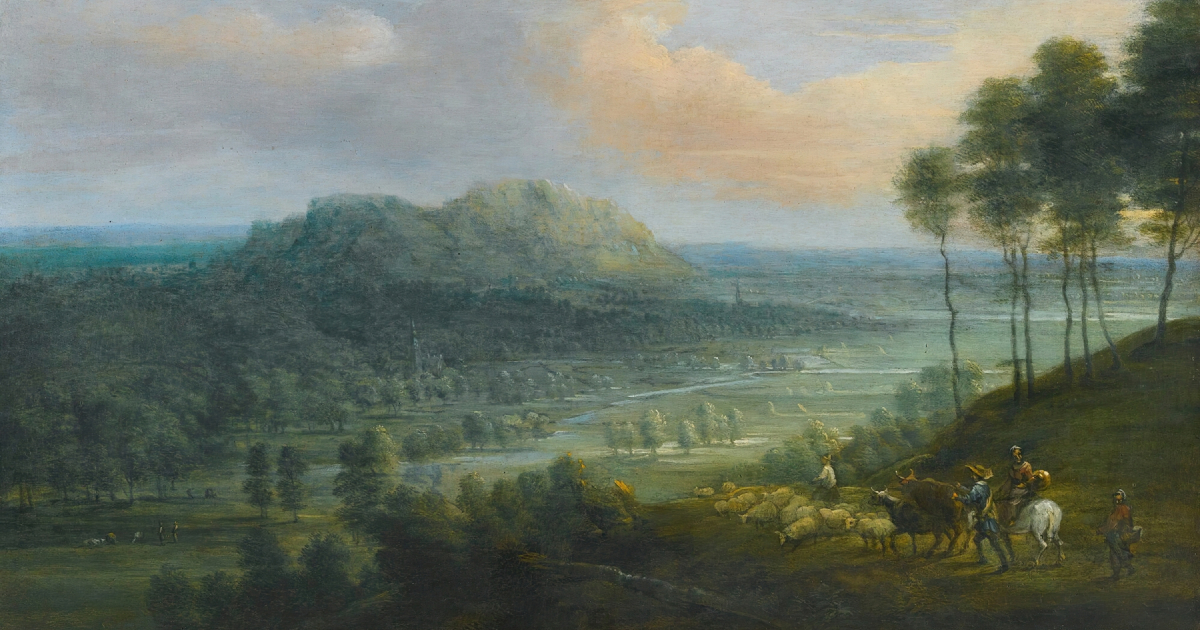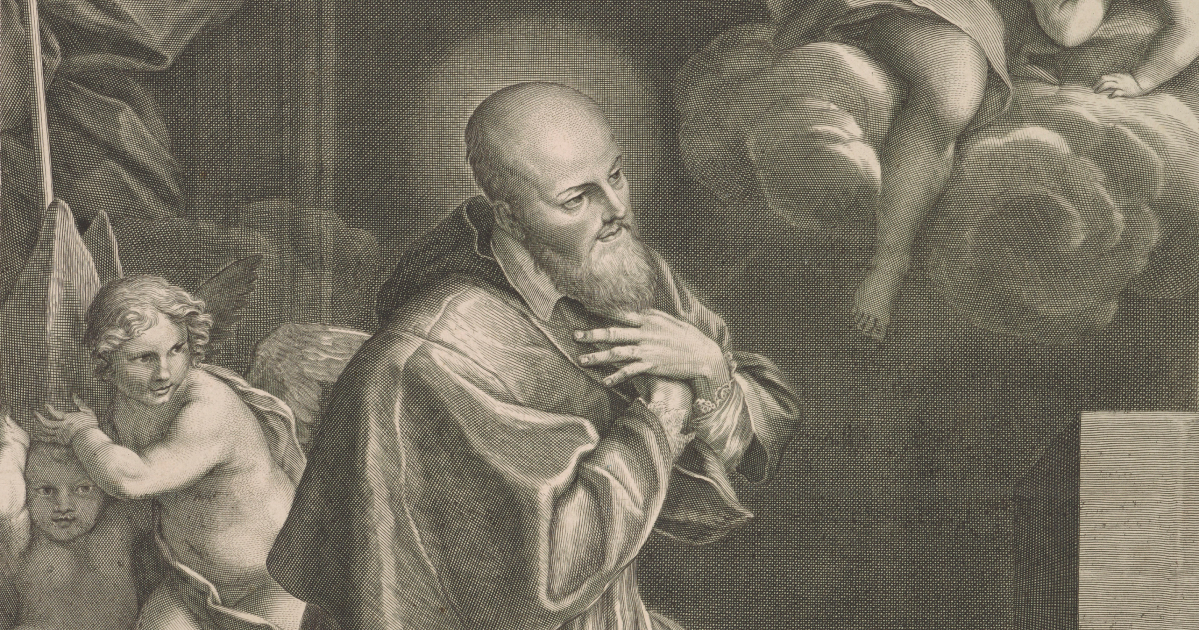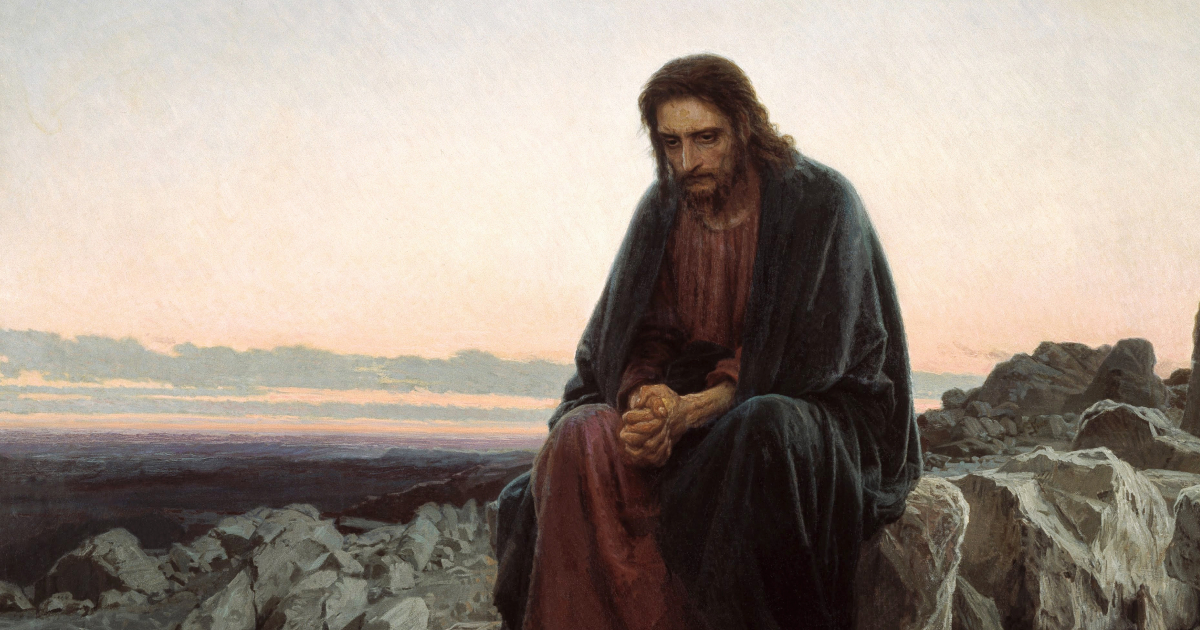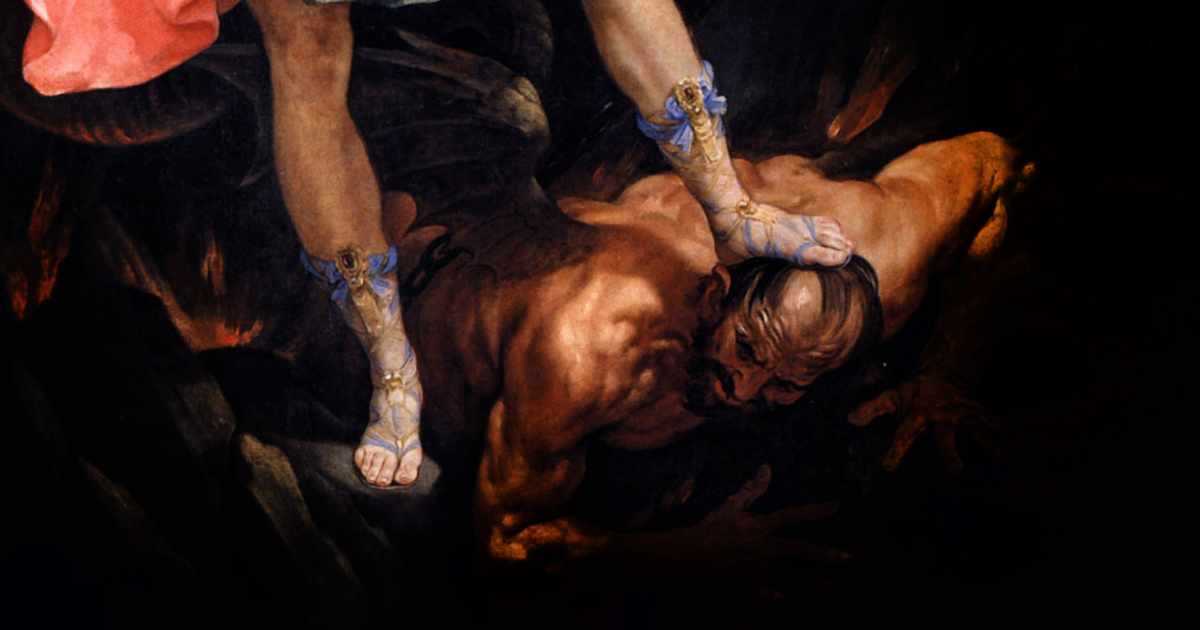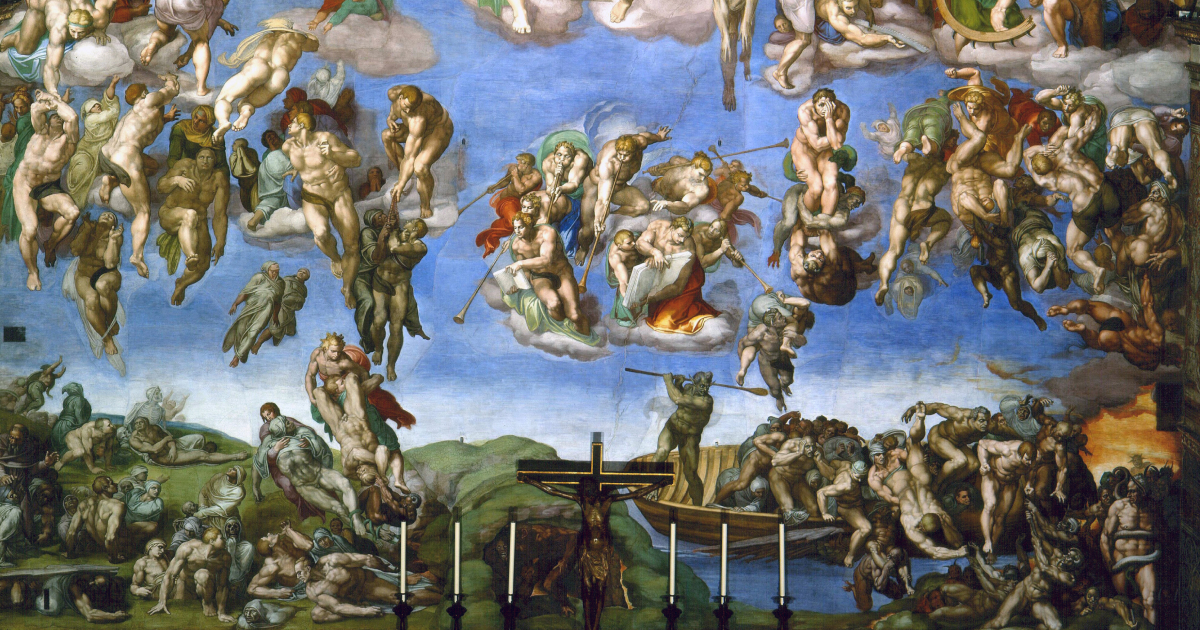The title of this book tells us that this is the work of a devotee. And so it is.
The subtitle suggests why Alexander Haydon’s book is so interesting, for it is based on interviews conducted with Mgr Alfred Gilbey, the legendary Cambridge chaplain, towards the end of his life – he died in 1998 at the ripe age of 97. The author tells us he thought there would be just one interview, but Mgr Gilbey summoned him back at least ten times to carry the conversation further.
Haydon explains why it seemed like a good idea: “When I first requested an interview with Alfred, this superannuated cleric (then 94) struck me as a wonderful subject for interrogation. As the highest of high Tory criticism of liberal humanist democracy, a keen follower of beagles, a stubborn upholder of all-male traditions, who... had been known to remark that the Spanish seemed very happy under Franco, as a Christian priest living in a socially exclusive club and as one enjoying the privilege of continuing to say the old Latin rite of Mass, he seemed... a fascinating monster of political incorrectness and therefore very good copy.”
Gilbey remained an object of fascination to his admirers to the end, even after he was obliged to leave the Travellers Club on Pall Mall, where he had been a long-term resident, for Nazareth House in Hammersmith.
I had the pleasure of meeting Alfred Gilbey a few times. Once, encountering this dapper figure in St James’s Street, I said admiringly that he had the reputation of being the best-dressed cleric in England, to which his disarming response was: “My dear, I wish that were higher praise.” He invited me to dine at the Travellers, and we went up to the little chapel he had created off the back stairs to say the rosary. Rarely was I so grateful that I could recall the Sorrowful Mysteries when my turn came to call them out.
He was completely, unabashedly himself: uncompromising in his way of life as much as his views. And it was that stubborn integrity, as well as the sheer reactionary fun of his opinions and demeanour, that made so many young men gravitate to him.
The number of conversions attributed to Alfred Gilbey was extraordinary – Christopher Monckton, in his introduction, puts the figure at 800 – and many of them would not only have been instructed by him but would have been attracted to the faith on account of him. You can still obtain the published version of his course of instruction: We Believe, first published anonymously in 1983.
It remains very useful for anyone thinking of joining the Church. I remember only a little now, but that little has been valuable: the reflection that there are only two times in our life that really matter, when time touches on eternity, and they are both mentioned in the Hail Mary: “now, and at the hour of our death”.
The interviews are touching in that they capture Alfred Gilbey’s voice: his emphases, quirks, repetitions. But the author admits that: “It was sometimes difficult to understand what Alfred said, not from any lack of clarity in his answers, but partly because he spoke in the rapid near-mumble of the Edwardian upper class... I abandoned him as a confessor simply because I could not always make out his advice in the box.”
Gilbey was born in 1901 and there is a picture here of his parents – his mother a female Alfred – in Edwardian dress. Many of his attitudes, formed at that time, remained with him in a very different era; as the author admiringly notes, he was a fossil.
Sometimes he would reflect, amused, on contemporary manners: when invited by a shop assistant to “have a nice day”, he would respond that he had “other plans”. He became impatient when his interviewer asked him when he had been happiest; for him the question of happiness was redundant, but he conceded that the most significant moment of his life was his ordination.
As for the notion that instructing a child in religion is indoctrination, he would cheerfully agree: “That’s exactly what I am doing. I am trying to indoctrinate the child... so he has something to think about for the rest of his natural life.” To the objection that this sounded like Communists or Nazis, he chortled: “Catholicism is very like that!”
His awareness of human propensity to sin was acute: “You know if you look into your own heart, you can know that there is no crime to which you would not sink,” he observed. “No. None... We’re all horrible creatures, really.” It is all, he said, a consequence of the Fall of Man, and he was sorry that the dogma had few takers in a secular age.
He returns repeatedly to his conviction that equality has no basis in Christianity, which, in an obvious respect, is true, given that we are all different. On that basis he denounced socialism and the attempt to redistribute income by the state. He placed a good deal of store by the difference between Christ’s counsels of perfection and the general call to sanctity, as in the case of the young man whom Christ invited to give away his possessions.
At one point, Gilbey’s interviewer asks him to consider an article in Herbert McCabe’s catechism, in which the Dominican asked: “How can we fail in the exercise of justice?” and answers: “By tax evasion and inequitable forms of tax avoidance.” Gilbey declared: “That’s a very, very loaded passage... if what you’re doing is legal, you are doing [in a high-pitched voice of gentle exasperation]: nothing wrong!”
Except, of course, you may be, because laws can be bad, or badly framed. This equation of lawfulness with morality is odd, though it is less unexpected to find him saying: “I think Fr McCabe very much an enfant terrible.” McCabe was, of course, a Marxist who couldn’t care less about how he looked; he was also an arresting theologian and something of a saint. A scrap between him and Gilbey would have been quite the spectacle.
Where Gilbey may lose contemporary readers is in his defence of the principle of the segregation of the sexes at university. He insisted his job as the Catholic chaplain at Cambridge, where he served for 33 years, was to minister to the male undergraduates. When he was overridden by the chaplaincy committee in 1965, he resigned.
He accepted that later chaplains could not have taken his line, but stoutly maintained that: “Men and women are not equal. Women are designed by Almighty God to be complementary to men... As soon as you say membership [of the chaplaincy] is open to women, you change the whole character of the thing. Men have a natural tendency to congregate and like each other’s company, and women do not!”
“What women really want is a husband,” he insisted. “It’s as simple as that.” I wonder whether he said as much to Elizabeth Anscombe, that formidable Cambridge philosopher. But that was Alfred Gilbey: anachronistic, disarming, charming and unabashed. He would get short shrift in the contemporary Church. Our loss, indeed.





.jpg)



